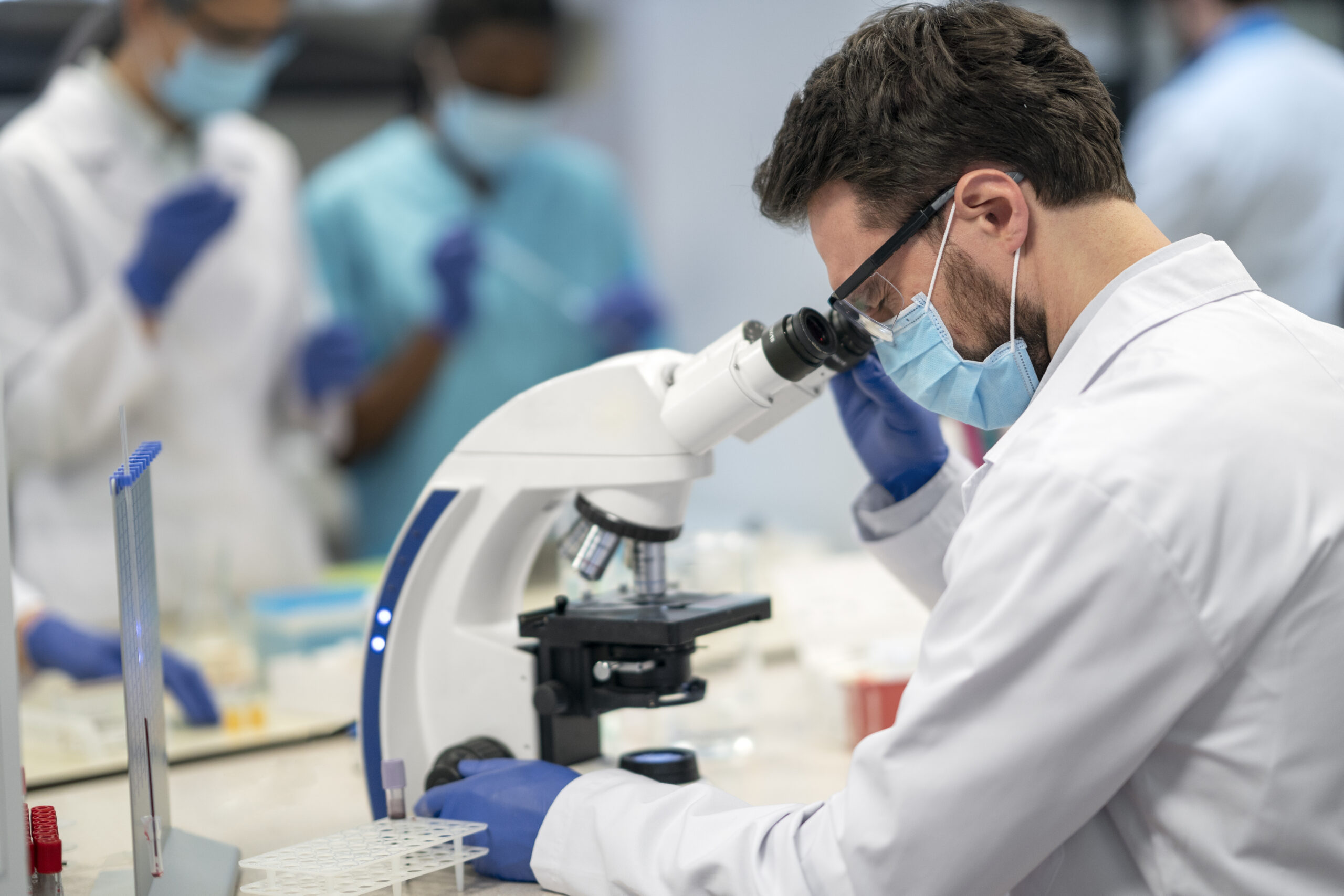Columbia University researchers have engineered probiotic bacteria that train the immune system to target cancer cells, potentially leading to a new type of personalized cancer vaccine. These microbial vaccines could be tailored to attack both primary tumors and metastases, while also offering the possibility of preventing future cancer recurrences.
How did the researchers develop the vaccine?

The concept of using bacteria to treat cancer goes back to the late 19th when Dr. William Coley noticed that patients injected with bacteria had shrinking tumors.
Today, bacteria are still used to treat early-stage bladder cancer. Researchers have discovered that some bacteria can naturally move to tumors and thrive in their low-oxygen surroundings, helping to boost the immune response.
Every cancer is unique because tumor cells have different genetic mutations that set them apart from healthy cells. By programming bacteria to guide the immune system to focus on these specific mutations, we can create targeted treatments.
The new system begins with a probiotic strain of E. coli bacteria. The researchers made several genetic changes to carefully manage how the bacteria interact with the immune system, helping it learn to attack tumors.
Columbia researchers have engineered bacteria as personalized cancer vaccines that activate the immune system to specifically seek out and destroy cancer cells. @Nature @Columbia #CancerResearch #Oncology
— Science News (@SciencNews) October 17, 2024
Read morehttps://t.co/BYixVMI7n4 pic.twitter.com/wpLfOwvggK

